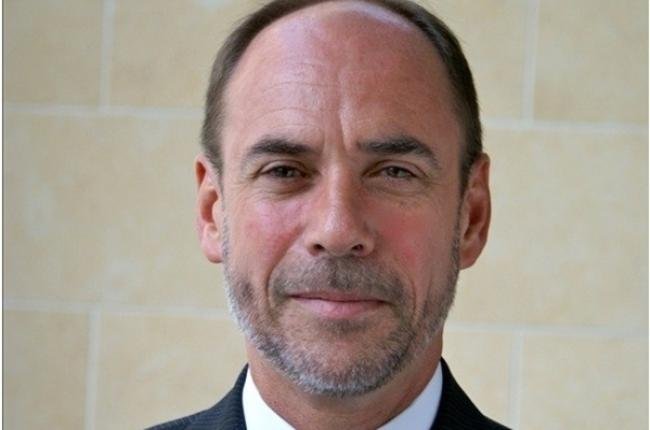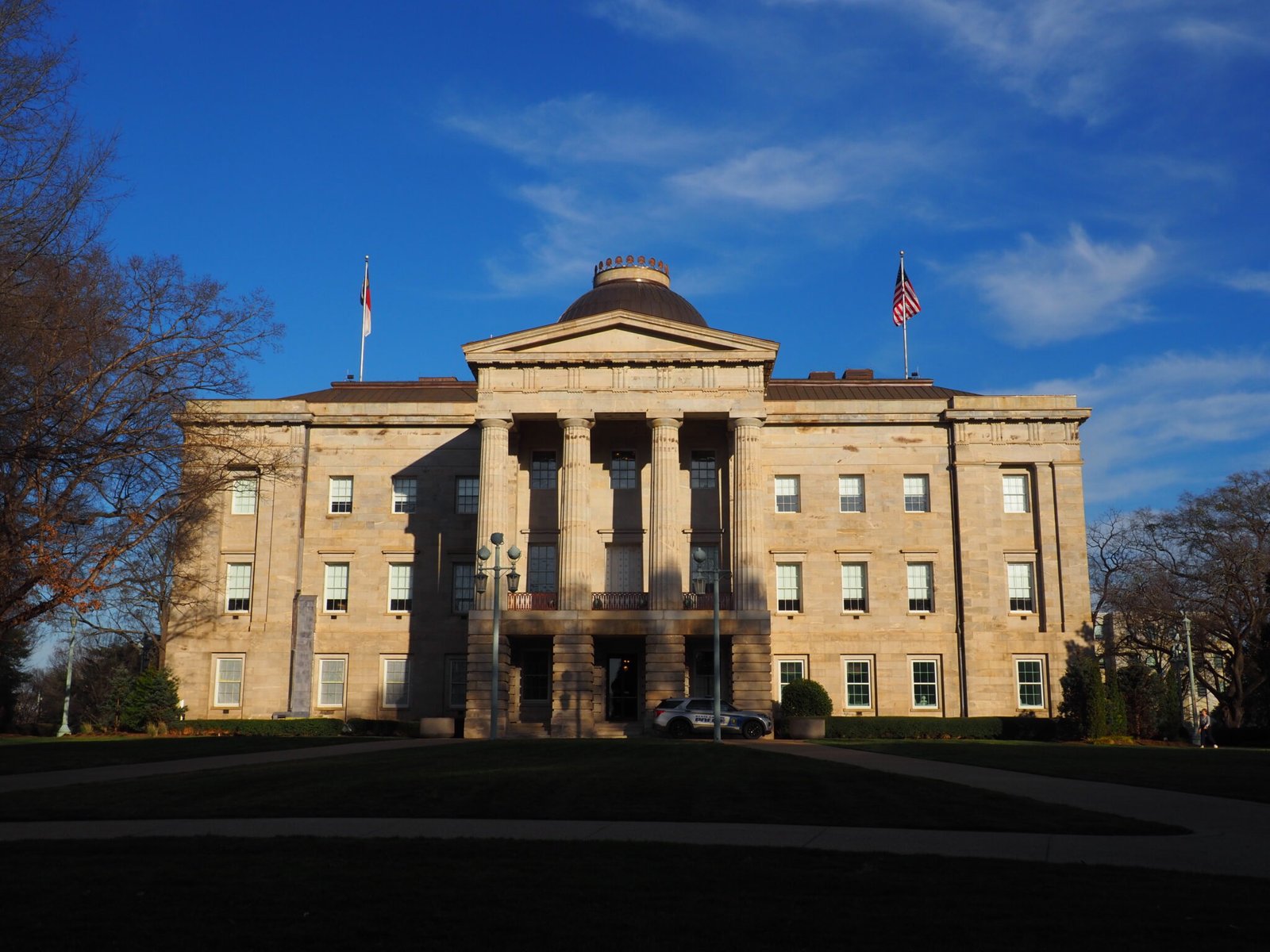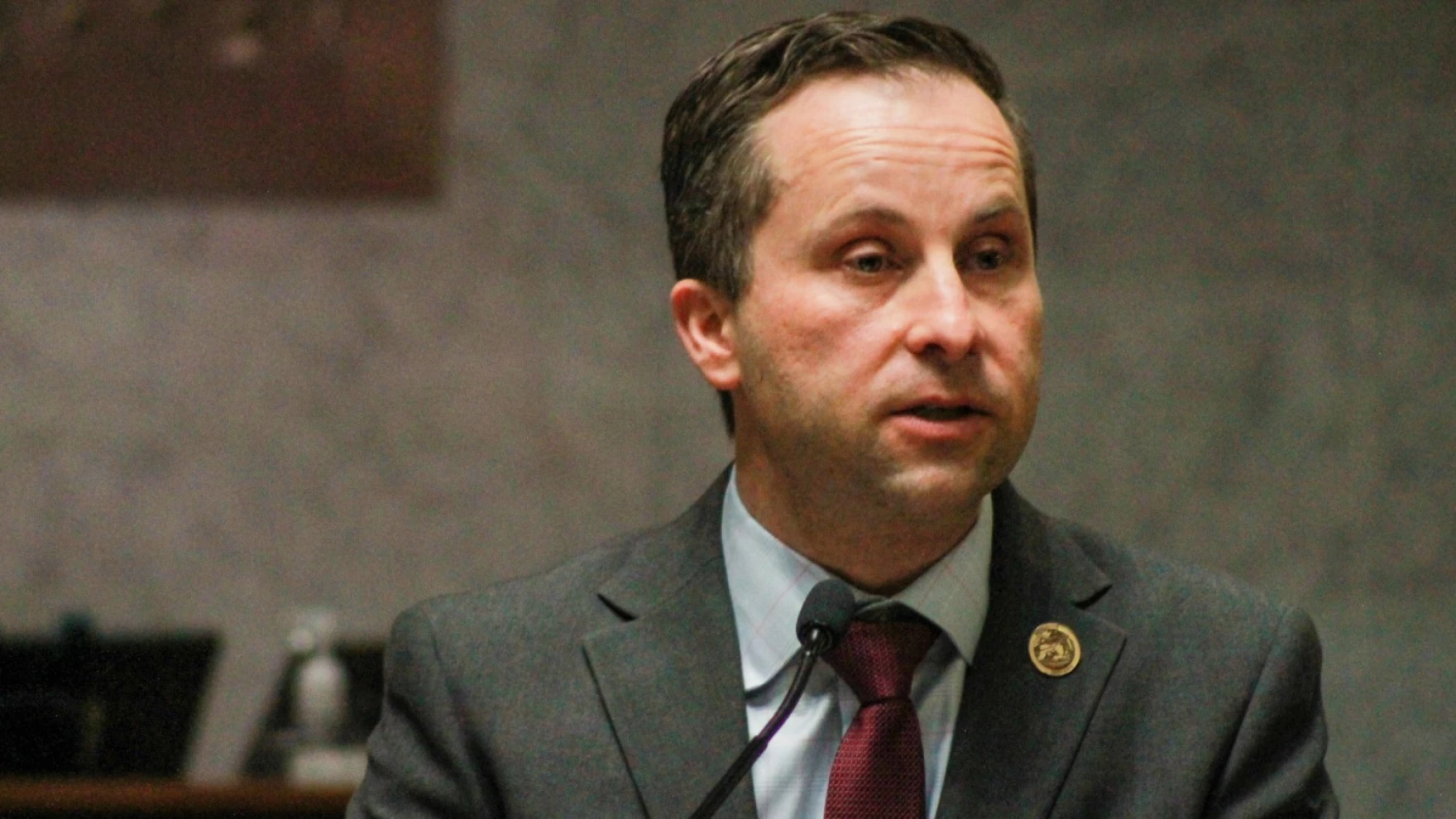Douglas Holtz-Eakin is a prominent American economist whose expertise has shaped much of the recent discourse on fiscal policy, immigration, and the U.S. economy. With a career spanning academia, government service, and policy research, Holtz-Eakin has become a key voice in understanding how economic policies affect both the labor market and public finances.
Holtz-Eakin earned his Ph.D. in economics from Harvard University, a foundation that launched his long and influential career. Prior to that, he completed his undergraduate studies at Rutgers University. His strong academic background paved the way for roles as a university professor at Syracuse University and Columbia University, where he taught economics and mentored students on complex economic issues.
One of Holtz-Eakin’s most notable public service roles was as the Director of the Congressional Budget Office (CBO) from 2003 to 2005. The CBO plays a critical role in the U.S. government by providing nonpartisan analysis of budgetary and economic issues to Congress. During his leadership, Holtz-Eakin was responsible for delivering impartial reports on tax policies, spending programs, and economic forecasts, influencing legislative decisions with data-driven insights. His tenure coincided with debates on tax reform and economic stimulus measures, where his input helped lawmakers understand the long-term fiscal implications of their choices.
Beyond government service, Holtz-Eakin has remained active in the public policy arena as the president of the American Action Forum. This think tank focuses on economic research, regulatory policy, and fiscal matters, providing policymakers and the public with detailed analyses of how government actions impact economic growth and job creation. Through this platform, he continues to contribute to national conversations on topics ranging from taxation to labor markets.
One of the defining aspects of Holtz-Eakin’s work is his focus on immigration and its role in the U.S. economy. He has often highlighted how immigrant labor is essential, especially in sectors like agriculture, construction, and other industries where native-born workers tend to avoid the physically demanding jobs. Holtz-Eakin explains that immigrants fill vital roles that keep these industries running smoothly and efficiently. When immigration policies become stricter or enforcement intensifies, many employers face labor shortages that disrupt production and supply chains.
His analysis warns that such labor shortages inevitably lead to higher costs for consumers and can slow down economic activity. Holtz-Eakin argues that immigration crackdowns can cause agricultural crops to go unharvested, leading to food waste and price increases in grocery stores. These effects ripple through the economy, affecting not just farmers but also manufacturers, retailers, and ultimately the average consumer.
Holtz-Eakin’s expertise has made him a sought-after advisor in political campaigns and policy discussions. He was a senior economic advisor to John McCain’s 2008 presidential campaign, where he helped shape economic proposals and tax plans. His role in politics reflects his ability to translate complex economic theory into practical policy recommendations that aim to balance growth with fiscal responsibility.
In addition to his advisory roles, Holtz-Eakin is widely published in academic journals, policy reports, and media outlets. His writings cover a broad spectrum of issues including health care economics, public finance, regulatory impact, and labor economics. He uses empirical data and rigorous analysis to challenge assumptions and provide clearer perspectives on policy debates.
His work has also emphasized the challenges faced by the labor market when immigration is restricted. He notes that U.S.-born workers often do not take on the low-wage, labor-intensive jobs that immigrants typically fill. This creates a labor gap that is difficult to address without reforms that allow for a stable and legal workforce. Holtz-Eakin points out that without these workers, certain industries may shrink or lose competitiveness on a global scale.
While some of his views have sparked debate, especially in the context of immigration enforcement and economic fairness, Holtz-Eakin remains committed to finding balanced policy solutions. He stresses the need for immigration reform that secures borders but also recognizes the economic realities and the contributions of immigrant workers.
Douglas Holtz-Eakin’s career exemplifies how economic analysis can inform public policy in meaningful ways. Through his government service, academic work, and leadership at the American Action Forum, he continues to influence how policymakers and the public understand the connection between immigration, labor markets, and the broader economy. His insights remain vital as the nation grapples with complex economic challenges and seeks to create policies that promote growth and stability.







